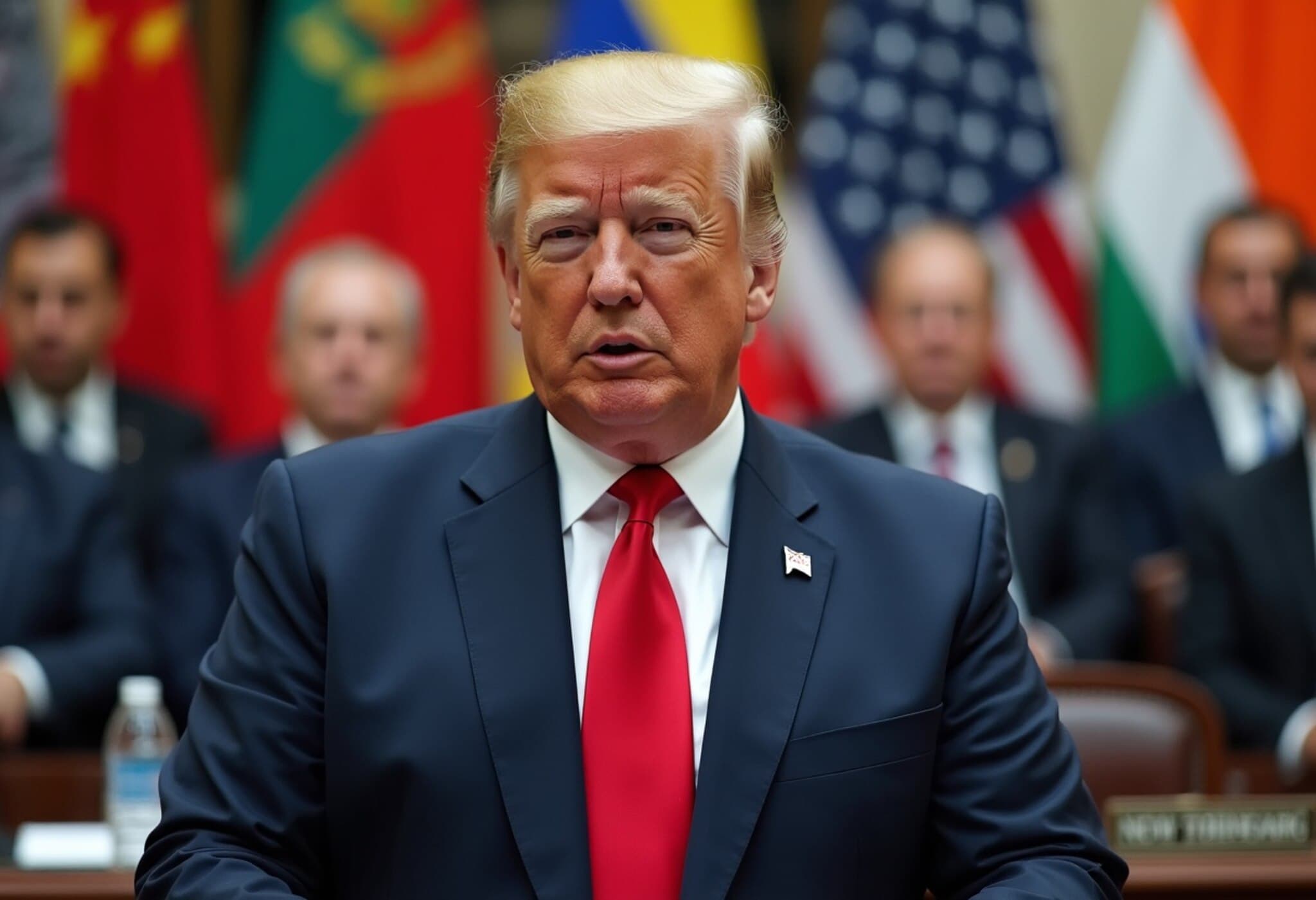Key Adviser Steps Down from Pakistan’s Roosevelt Hotel Privatization Amid Conflict of Interest
In a sudden development shaking Pakistan’s ongoing effort to privatize its historic Roosevelt Hotel in New York City, the financial advisory firm overseeing the project has stepped back, citing a potential conflict of interest. This unexpected resignation has compelled Pakistan’s Privatisation Commission to urgently seek a replacement, casting uncertainty on the privatization timeline.
Jones Lang LaSalle Withdraws, Citing Conflicts and Rising Stakeholder Interest
Jones Lang LaSalle (JLL), a top-tier global real estate services company appointed by the Pakistani government in January 2024, officially resigned from advising on the sale of the Roosevelt Hotel — a landmark 1,015-room property located in Manhattan’s bustling Midtown. JLL’s withdrawal stems from what it describes as a “compromising position” due to heightened interest in the asset from multiple clients of the firm itself, coupled with the cancellation of its lease agreement with New York City, which raised concerns over conflicts of interest.
This move underlines the complex nature of asset privatization when global advisory firms juggle diverse client interests. JLL had previously played a crucial role, conducting in-depth due diligence and framing transaction strategies aligned with international best practices, including recommending a joint venture model as the optimal route for privatization.
Privatisation Commission Reacts: Expedited Search for New Adviser
The Privatisation Commission expressed concern but responded swiftly, announcing it will fast-track the appointment of a new financial adviser to ensure the privatization process remains “transparent and competitive.” This urgency highlights the government’s intent to sustain momentum while safeguarding against procedural delays.
Broader Economic Context: Pakistan’s Mounting Debt and Asset Liquidation Pressure
Pakistan’s efforts to privatize the Roosevelt Hotel occur against the backdrop of significant national financial challenges. With ballooning external debt and economic strain heightened by fluctuating global markets, the government is under pressure to leverage overseas assets to stabilize fiscal health.
The Roosevelt Hotel itself has suffered operational setbacks, having been shuttered since 2020 due to financial losses triggered by the COVID-19 pandemic—an added complication weighing on its market value and attractiveness to investors.
Expert Analysis: Navigating Privatization Amid Geopolitical and Market Complexities
A seasoned analyst specializing in South Asian economic affairs comments, “This episode underscores the delicate balancing act governments face when privatizing valuable international real estate amid rising debt burdens. The risk of conflicts of interest in advisory roles is not uncommon, especially with firms like JLL serving multiple clients across competing interests globally. Pakistan’s response by fast-tracking adviser replacement is prudent, but the transaction’s complexity necessitates transparent due diligence to reassure investors and citizens alike.”
Furthermore, this scenario offers insight for policymakers in similar economies striving to catalyze economic recovery through asset sales while maintaining public trust in governance and fiscal management.
Looking Ahead: What This Means for Stakeholders
- For Pakistan: The need to close the privatization deal promptly to achieve much-needed revenue inflows and reduce sovereign debt risk.
- For Investors: Assurance that procedural integrity will be maintained despite advisory disruptions, ensuring a level playing field.
- For Global Advisors: A reminder about the importance of managing potential conflicts carefully in cross-border transactions.
Editor’s Note
The resignation of Jones Lang LaSalle from the Roosevelt Hotel privatization marks a pivotal juncture in Pakistan’s bid to monetize an iconic foreign asset amid mounting economic challenges. As the Privatisation Commission accelerates the search for new advisory support, close attention must be paid to maintaining transparency and managing conflicts to preserve market confidence. This development also opens up broader questions about the governance of overseas asset sales by indebted nations and the role of global advisory firms caught between multiple interests. Readers should watch for how Pakistan navigates these complexities and what lessons might emerge for similar economies balancing resource constraints with global economic integration.



















